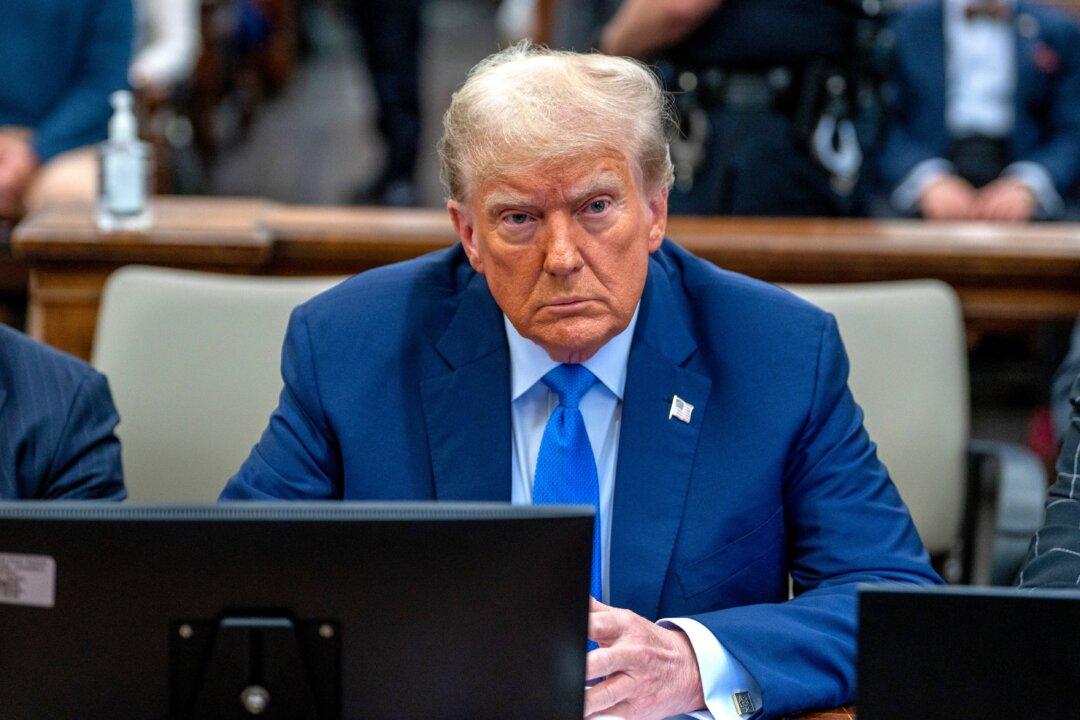A appeal to the Colorado Supreme Court aims to prevent former President Donald Trump from featuring on the state’s primary ballot, challenging a district court ruling that acknowledged his involvement in the Jan. 6, 2021 incident but refused to deem him ineligible on 14th Amendment grounds owing to the presidency not being classified as an “office.”
Last week, Colorado 2nd District Court Judge Sarah Wallace issued a 100-plus page ruling that found the former president had engaged in an “insurrection” by inciting the Jan. 6 Capitol riot. However, she dismissed the lawsuit by finding that the 14th Amendment doesn’t apply to the presidency and ordered the state secretary to put President Trump on the primary ballot.





